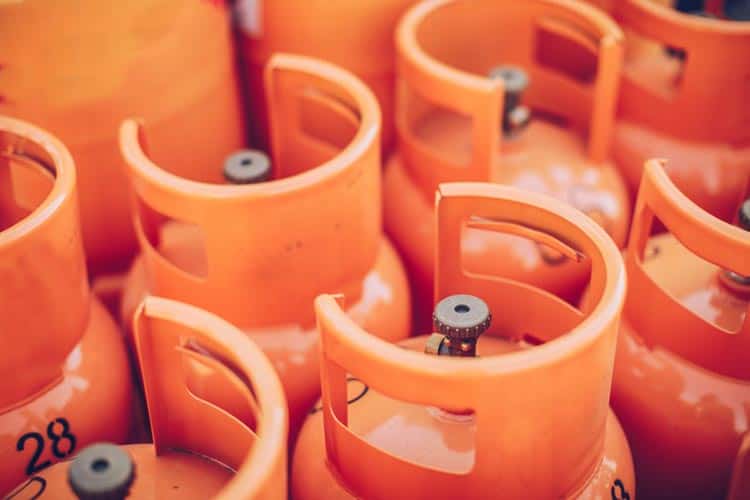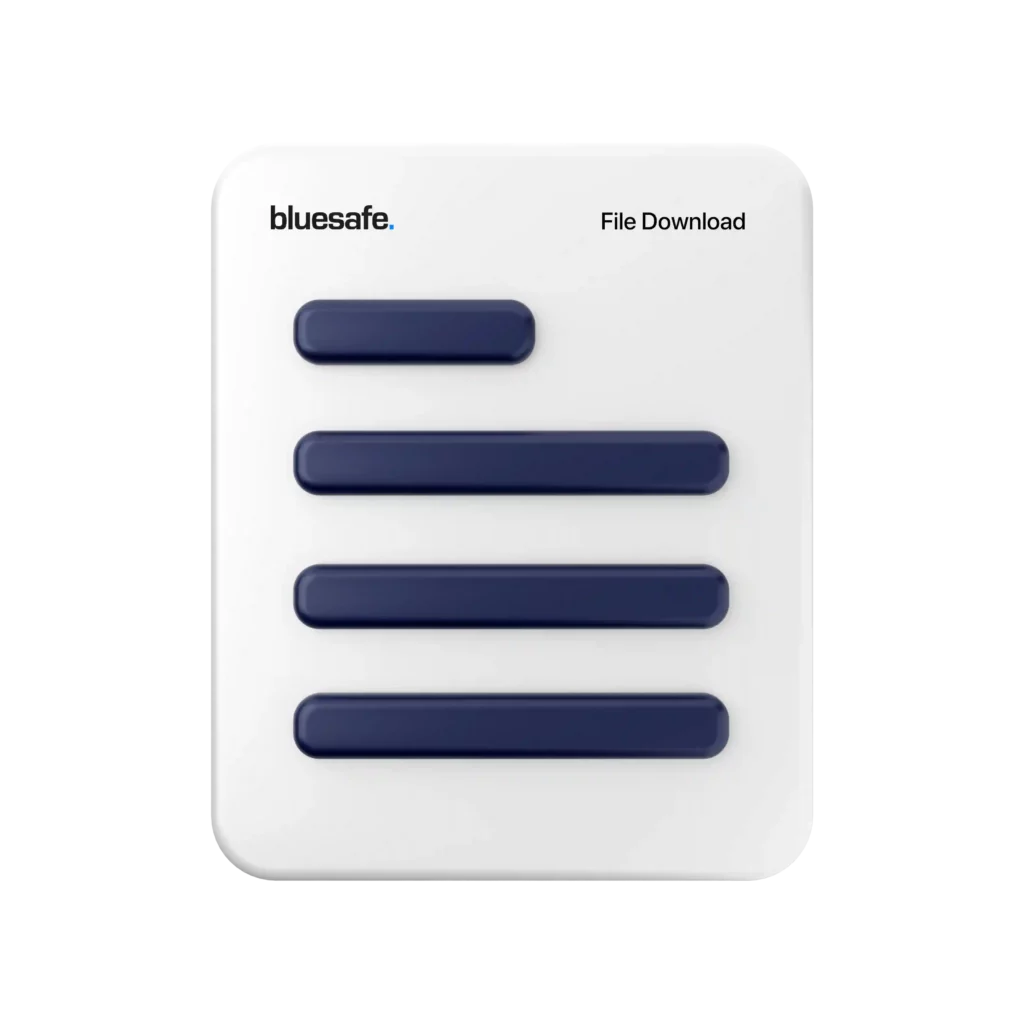First and foremost, it’s important to understand the properties of LPG. LPG is a highly flammable and explosive gas, and even a small leak can lead to a dangerous situation. This means that if you work with LPG, you need to be incredibly careful and pay close attention to your surroundings at all times.
One of the most important safety recommendations when working with LPG is to always wear appropriate personal protective equipment (PPE). This includes things like goggles, gloves, and a flame-resistant jacket. It’s also important to wear a respirator if you’re working in an area with poor ventilation, as LPG can displace oxygen and lead to asphyxiation.
Another key safety recommendation when working with LPG is to make sure that you’re working in a well-ventilated area. This means that you should avoid working in confined spaces or areas with poor air circulation. If you’re working indoors, make sure that there are plenty of windows and doors open to allow fresh air to circulate.
When working with LPG, it’s also important to make sure that you’re using the right equipment. This means using equipment that is designed specifically for use with LPG and that has been tested and approved for use with the gas. Using equipment that is not designed for use with LPG can lead to leaks or other dangerous situations.
It’s also important to make sure that you’re following proper procedures when working with LPG. This means making sure that you’re using the right tools and equipment, that you’re following the manufacturer’s instructions for use, and that you’re following any local regulations or guidelines for working with LPG.
One of the most important safety recommendations when working with LPG is to always be aware of the signs of a gas leak. These signs can include things like the smell of gas, hissing or whistling noises, and visual signs like bubbles or mist. If you suspect that there is a gas leak, it’s important to evacuate the area immediately and call emergency services.
Finally, it’s important to remember that LPG can be incredibly dangerous if it’s not handled properly. This means that if you’re not properly trained or qualified to work with LPG, you should not attempt to do so. Instead, you should seek out the advice and assistance of a qualified professional who can help you work safely with the gas.
In conclusion, working with Liquefied Petroleum Gas (LPG) can be incredibly useful, but it’s important to remember that it can also be incredibly dangerous if not handled properly. By following these safety recommendations, you can help ensure that you and your colleagues are able to work safely with LPG and avoid any dangerous situations. Thanks for tuning in, and stay safe out there!
Cheers,

![]()






